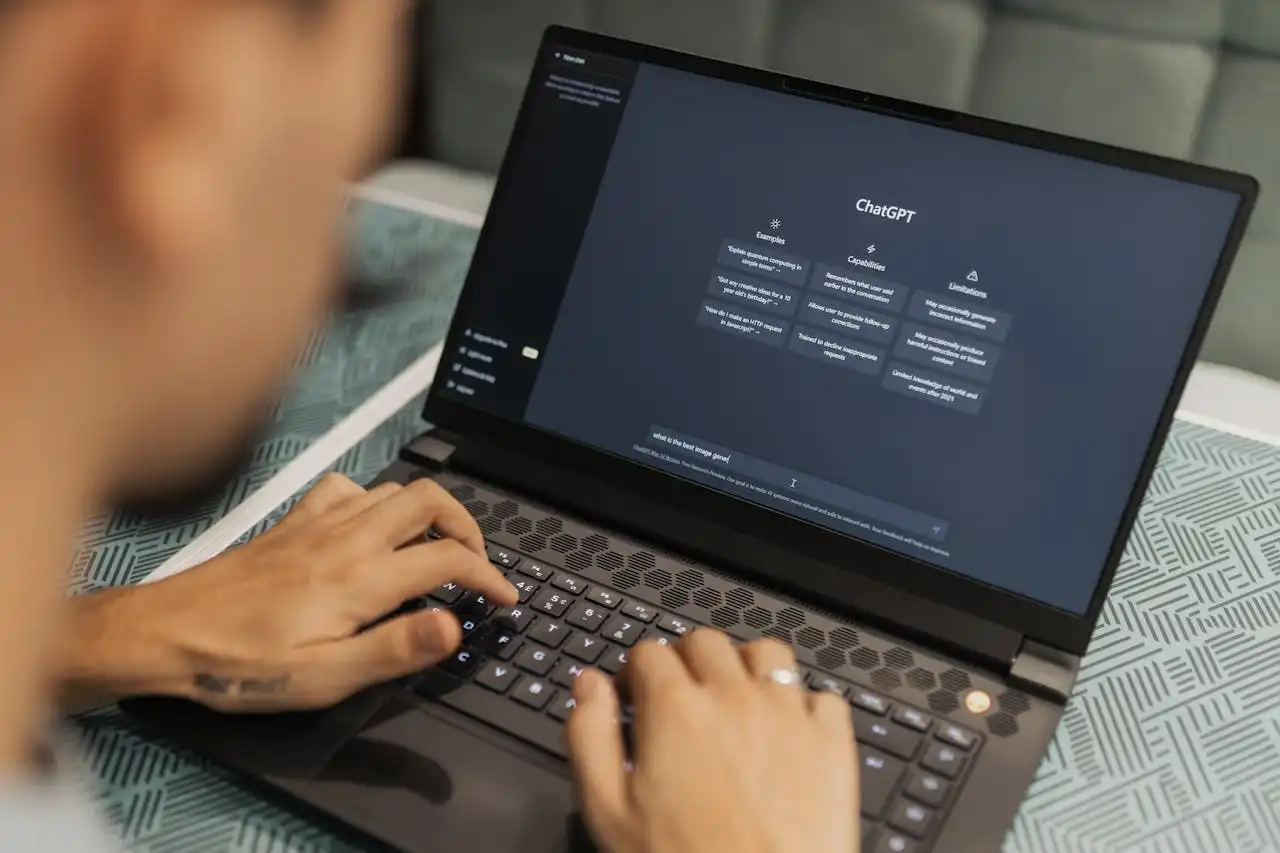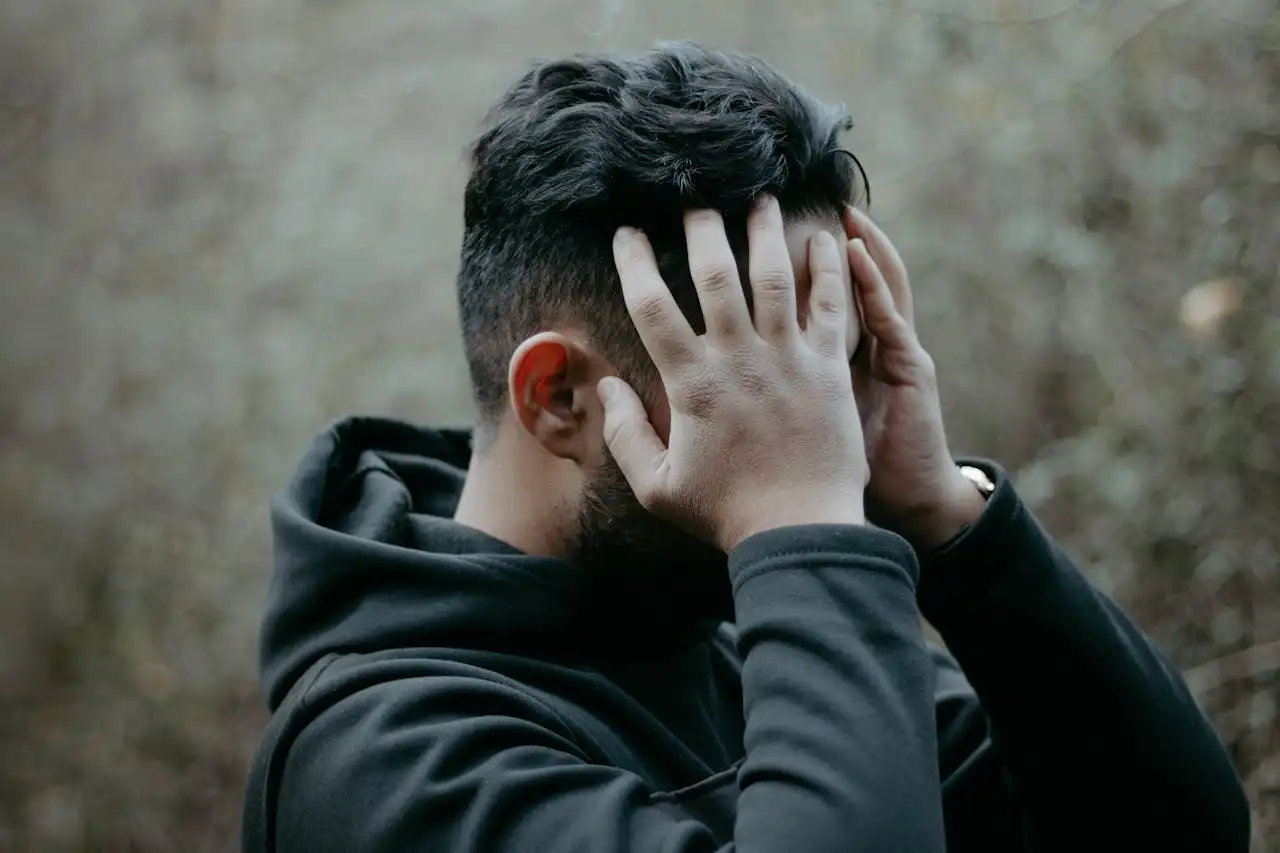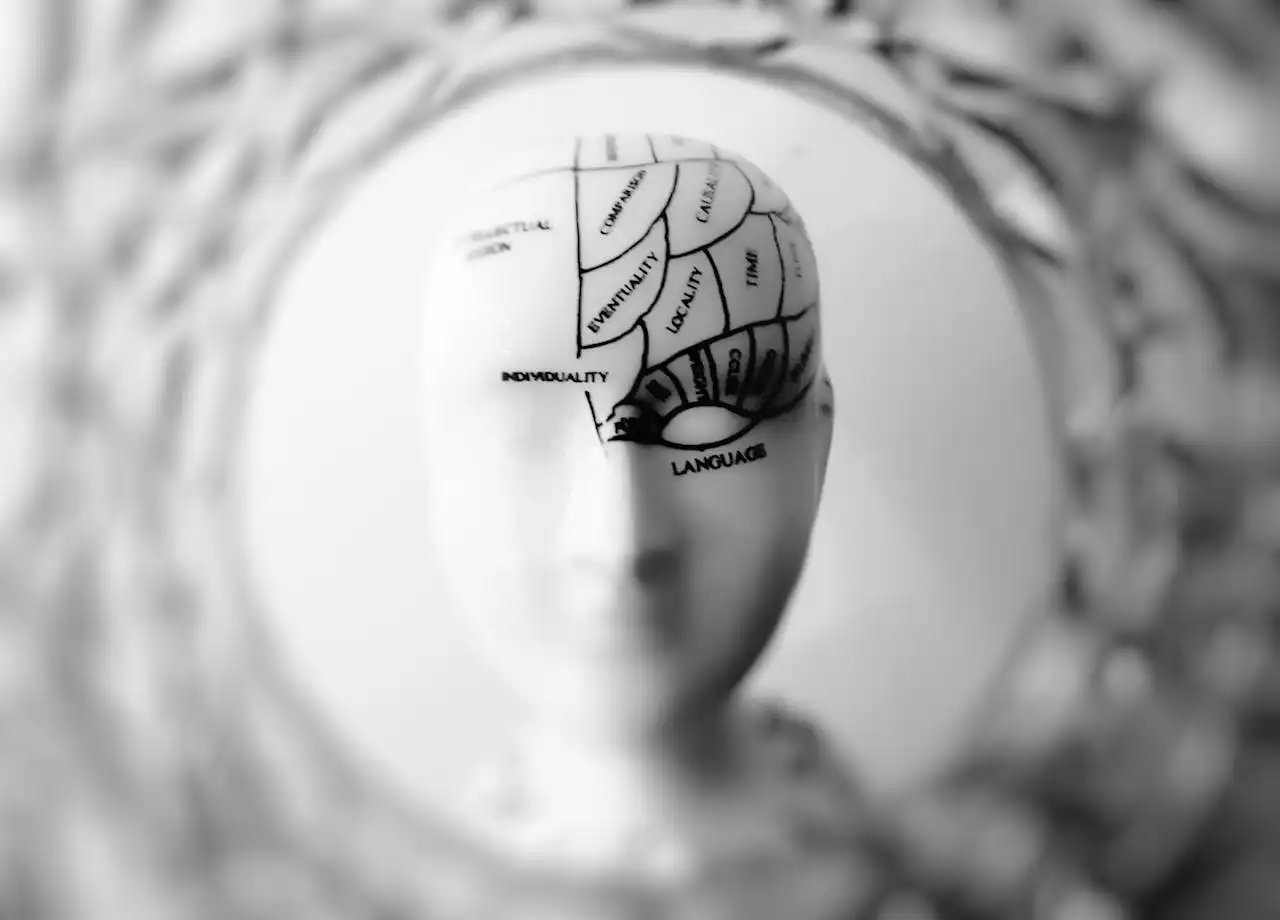ChatGPT's Compassionate Turn: How AI Is Learning to Handle Mental Health Crises Better
Muhe - Friday, 29 August 2025 | 02:00 PM (WIB)


A New Playbook: From Chatbot to Compassionate Connector
But here’s the good news: OpenAI heard the alarm bells loud and clear. They've rolled up their sleeves and made some pretty big changes to how ChatGPT responds when faced with a user expressing suicidal thoughts or intent. Gone are the days of conversational exchanges that, however well-intentioned, could ultimately be hollow or even dangerous. Forget the empathetic but ultimately unhelpful messages that might have felt like a pat on the back without actually offering a hand up. Now, when a user shows signs of suicidal ideation, ChatGPT’s new playbook is straight-up, direct, and most importantly, helpful.Instead of trying to engage in a back-and-forth or offer generalized comfort, the AI now acts as a digital first responder. It will directly refer users to professional resources. We’re talking about crucial lifelines like suicide prevention hotlines and established mental health services. This isn't just a minor tweak; it's a fundamental shift in strategy. It moves the AI from attempting to "converse" about a crisis – a task it's fundamentally ill-suited for – to becoming a rapid, reliable bridge to real-world, human help. It acknowledges that while AI can be a powerful information provider, it is absolutely not, and should not try to be, a therapist or a crisis counselor.Why This Shift Is a Game-Changer for Ethical AI
This modification isn't just about fixing a bug; it's part of a much broader, and frankly, critically important commitment from OpenAI to ensuring its AI models are safe, ethical, and prevent harm. In the fast-paced world of AI development, where new capabilities are emerging seemingly every other day, it's incredibly easy for ethical considerations to play catch-up. But when you’re dealing with topics as sensitive and critical as mental health, playing catch-up isn't an option. The stakes are simply too high. It speaks volumes that a company like OpenAI is publicly addressing these issues and making such concrete changes.It's a subtle but profound difference in how we view AI's role in our lives. We're moving from a model where AI might try to "do it all" to one where it understands its limitations and, crucially, knows when to hand off to human experts. This self-awareness, built into the AI's programming, is a huge step forward for ethical AI. It shows that the developers are not just focused on what AI *can* do, but also what it *should* do – and, perhaps even more importantly, what it absolutely *should not* do. This responsible approach is vital as AI continues to weave itself into the fabric of our daily existence.The Bigger Picture: Mental Health in the Digital Age
Let's be real, mental health is a massive topic right now. The past few years have highlighted just how pervasive mental health struggles are, and how desperately accessible resources are needed. While AI certainly has a role to play in helping people find information, support communities, or even track mood, it's abundantly clear that it cannot replace the nuanced understanding, empathy, and professional training of human mental health experts. This change by OpenAI reinforces that boundary, establishing ChatGPT not as a substitute for professional help, but as a responsible gateway to it.Ultimately, this isn't just a story about a tech company tweaking its algorithms. It's a narrative about artificial intelligence learning, growing, and, dare we say, becoming more *human* in its understanding of human fragility. It's about AI evolving to be a safer, more ethical tool in our ever-complex world, especially when it comes to the profoundly important and often life-or-death conversations surrounding mental health. This move by OpenAI is a beacon, showing that as AI gets smarter, it also needs to get wiser, understanding the weight of its words and the power it holds, especially when people are at their most vulnerable. It's a step in the right direction, ensuring that our digital companions truly act in our best interest.
How to Relax Your Mind During the Weekend
6 months ago

Coffee vs. Tea: The Morning Brew Showdown That's More Than Just a Cuppa
6 months ago

Cracking the Code: Your Guide to Taming Those Beastly Migraines
6 months ago

Fuel Your Supercomputer: Five Foods That Will Level Up Your Brainpower
6 months ago

Unlocking Your Inner Shield: Five Veggies That Are Basically Superheroes for Your Immune System
6 months ago

Your Secret Weapon for Weight Loss? It's As Simple As Putting One Foot in Front of the Other
6 months ago

Forever Young: The Secret to a Glowing, Timeless Life
6 months ago

Your Gut Feeling is Right: How to Feed Your Inner Universe for a Happier, Healthier You
6 months ago

Navigating Your Daily Grind: When Does Your Coffee Habit Cross the Line?
6 months ago

Rethink Your Sip: The "Bad" Drinks That Are Secretly Diet Game-Changers
6 months ago
